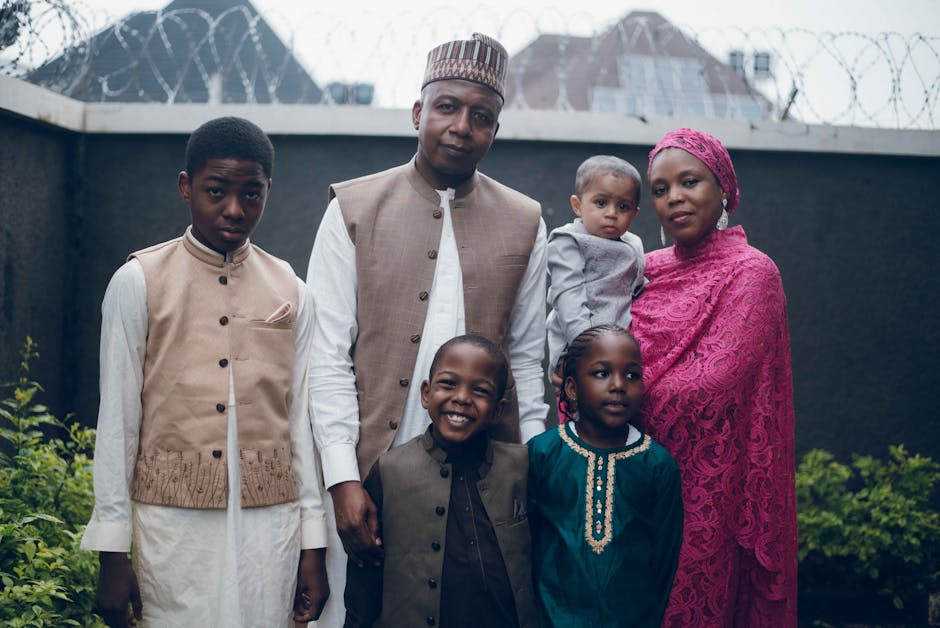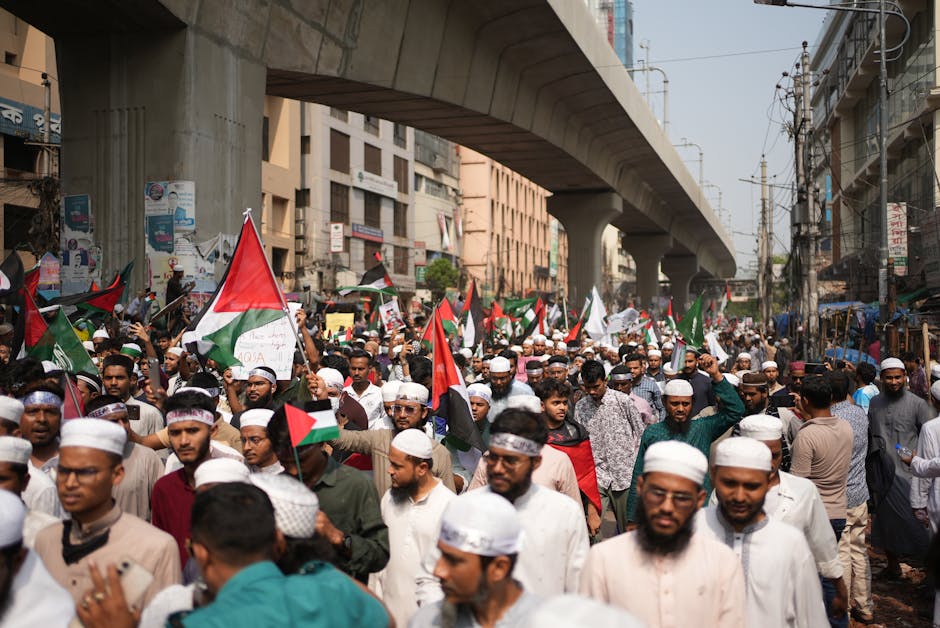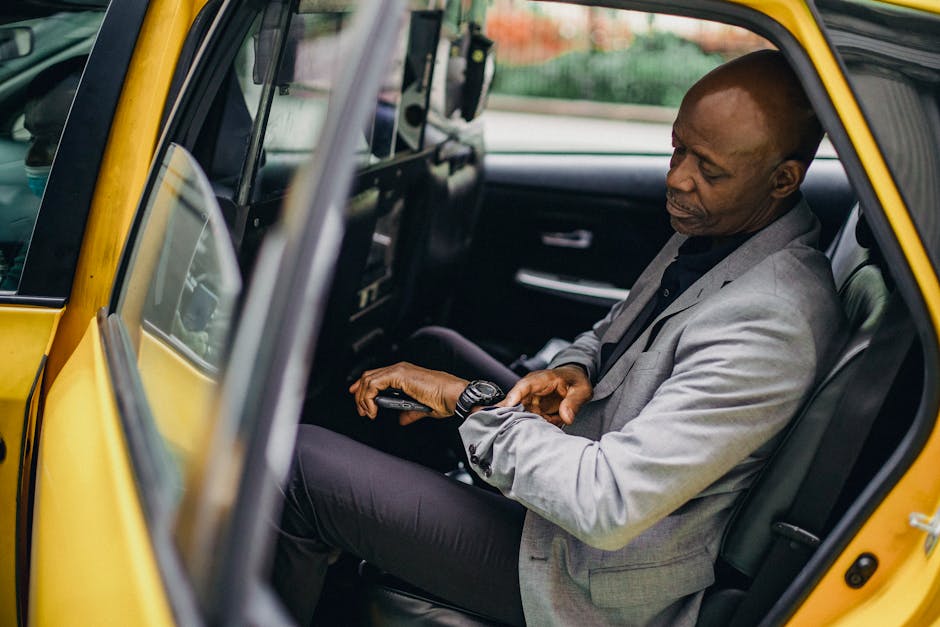Supreme Court Reserves Order on Covid Vaccine Deaths Probe
The Supreme Court of India reserved its verdict on Tuesday regarding petitions demanding an independent investigation into alleged deaths and adverse effects linked to Covid-19 vaccines. The Centre, represented by Additional Solicitor General Aishwarya Bhati, reiterated that adverse events following immunization (AEFI) are “extremely rare” and emphasized the life-saving benefits of vaccination during the pandemic. A bench comprising Justices B.V. Nagarathna and Sanjay Karol heard arguments from both sides before concluding the hearing.
Petitioners Demand Transparency & Compensation
Activists and families of vaccine recipients who suffered severe health complications or fatalities filed petitions seeking a court-monitored probe. They argued that the government lacks transparency in reporting AEFI cases, leaving victims without proper compensation or acknowledgment.
Key arguments included:
– A 22-year-old student’s death allegedly linked to post-vaccination myocarditis.
– Delayed compensation under the Covid-19 Vaccine Injury Compensation Program.
– A demand for anonymized AEFI data and a stronger redressal system.
Centre Defends Vaccine Safety, Calls Petitions ‘Misleading’
The Centre defended India’s vaccination drive, stating that only 0.01% of AEFI cases (out of 220+ crore doses) were severe. Key points included:
– Vaccines underwent rigorous testing before approval.
– India’s AEFI surveillance system investigates adverse events.
– Compensation is available, though petitioners claim delays.
Global Context & Legal Precedents
Similar concerns have arisen globally, including:
– AstraZeneca’s link to rare blood clots (reported in the UK/EU).
– mRNA vaccines and myocarditis (reported in the US).
However, global health agencies maintain that vaccination benefits outweigh risks.
Possible Outcomes
Legal experts suggest the court may:
1. Order AEFI data review – Push for better transparency.
2. Appoint an expert panel – Investigate specific cases.
3. Dismiss petitions – Citing insufficient evidence.
Public Health vs. Individual Rights
The case highlights the tension between mass vaccination benefits and individual grievances. Experts warn that unfounded scrutiny could fuel vaccine hesitancy, while transparency could boost public trust.
Conclusion
The Supreme Court’s decision will shape India’s vaccine accountability framework. While the Centre calls claims “unsubstantiated,” affected families await justice.
Stay updated with NextMinuteNews for further developments.




